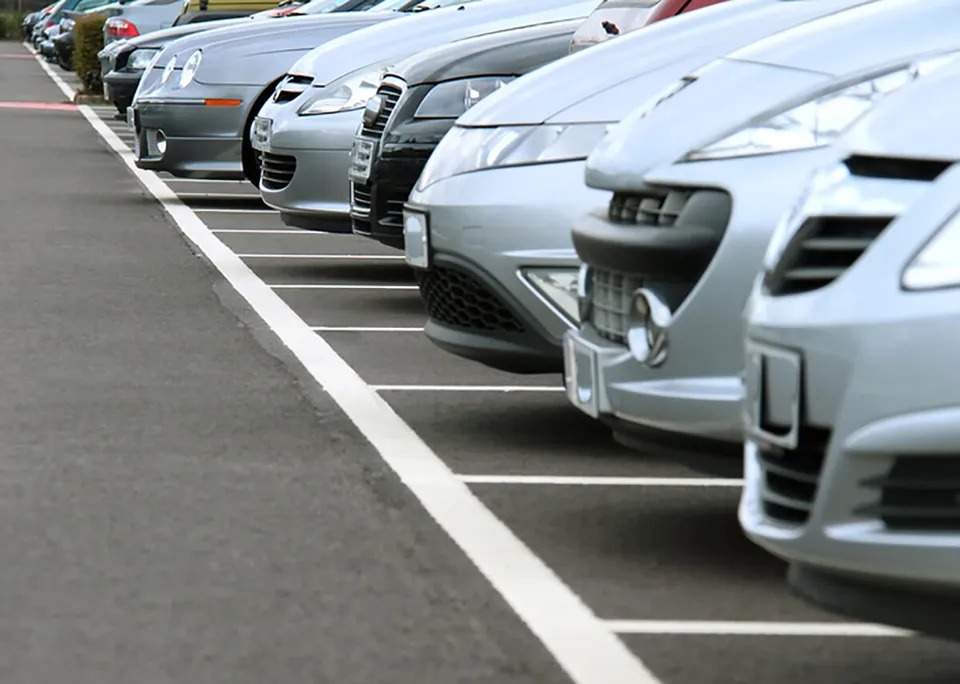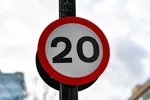If your company offers employees a car allowance, have you made your protective claim yet? If not then you need to put that claim in without any further delay to protect your legal position and improve your chances of obtaining windfall cash settlement from HM Revenue and Customs (HMRC).
We are currently awaiting the decision of the HMRC appeal in the case against Total People. Many readers will be familiar with the case which Total People won (Fleet News, January 20, 2011).
It suggested that hundreds of fleets could be set for a cash windfall running into millions of pounds, hence HMRC’s desire to appeal.
By way of an example to illustrate the principles and sums at stake, imagine you have 300 staff on a car allowance of £7,000 a year, which you will have taxed and paid NIC in full. However, those same employees drove 8,000 business miles on average each year and you paid them 12 pence per mile or £960 tax free through expenses.
In the case being appealed by HMRC it was said that you could have paid 40ppm tax free under the AMAPs rules i.e. £3,200 tax free.
Total People said that it had paid £3,200, but £960 was through expenses and the remaining balance of £2,240 was built into the £7,000 annual car allowance.
Therefore £2,240 had been subject to NIC in error and their claim was to get back Employer NIC on the £2,240 for the previous four years.
In practice go back six years which in our example would mean the company could benefit from six years x 12.8% NIC x £2,240 x 300 staff = £516,096 plus the possibility of interest on that.
HMRC has a new internal code of practice which means that they don’t usually fight cases, instead choosing to settle, unless they believe they have a better than 50:50 chance of winning.
We will very shortly see if they are right, but most professional commentators believe that HMRC doesn’t have a leg to stand on.
Also HMRC tends to fight cases either where there is a point of fundamental law that needs clarifying or established, or where it is of national interest, which is code for the fact that a large amount of tax is at stake.
Taking the first of these points, HMRC did in the first case agree with the taxpayer on many of the technical points of principle, other than whether the annual car allowance was part of an employee’s salary and earnings (in which case it was right to tax and NIC it), or whether it was a separate and special payment to compensate staff for mileage costs associated with business trips.
The judge was quite clear it could not be held to be salary. He said: “Clearly there are indications, if taken separately, that could lead to a conclusion either that the lump sum payments were additions to salary or that they were paid as motoring expenditure, but we have decided that, taking all the evidence into account, they were the latter.”
As for the second point, if there are 1.2 million staff in the UK on a car allowance and even if they drove on average only 4,000 business miles each the NIC amount at stake is 1.2 million x 12.8% x 4,000 miles x (40-12ppm) x 6 years = £1.032 bn.
If HMRC loses it could look to change the law or put in new barriers such as trying to deny retrospective claims. That’s why it is imperative that companies submit their protective claims now.
Whatever the outcome of the decision, companies need to ask themselves why they don’t split their car allowance into two elements, one being a business mileage top up to take the rate of mileage reimbursement up from, say, 13 or 14ppm to 45ppm tax and NIC free, along with a balancing taxable payment.
In gross terms you would be paying the same amount to staff, but now a percentage of it is tax and NIC free which not only saves the employer around £200 per head per annum, but also saves the staff around £600 per head per annum.
In these austere times such savings cannot be ignored and as such I would strongly urge fleets to seek professional tax advice from a qualified practitioner and act now.
Author: John Messore
- John Messore is a tax partner at Innovation LLP, a firm specialising in all matters relating to car taxation and fuel taxation. He also sits on a Chartered Institute of Tax technical sub-committee.

















Login to comment
Comments
No comments have been made yet.